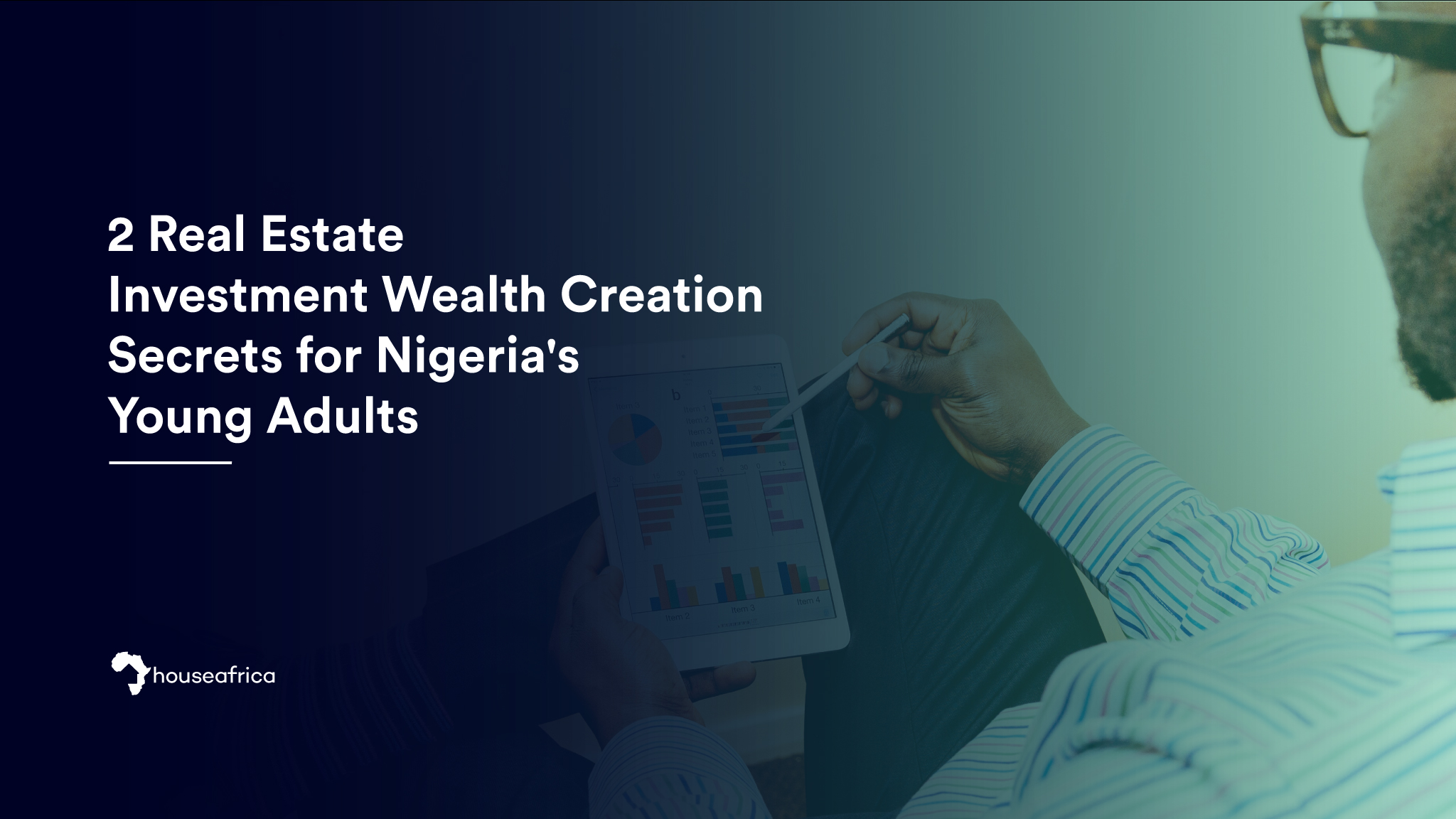It is the most popular investment option when it comes to real estate: buying a house. The decision to make such a large investment must be well-considered and should be critically examined. Although arguments such as lifelong freedom from rent are tempting, the purchase is primarily a lifestyle decision. Questions to ask yourself before buying a home include:
- Do I have the financial means to cover the real estate loan that I will most likely have to take out over the long term?
- What happens if I lose my job or get an attractive job offer far from my home?
- In addition to just buying a house: Do I know all the ancillary costs, taxes and future maintenance costs that I will incur?
- How are real estate prices developing in the region where I want to buy a house? And can these be predicted in any way?
- How does buying a home affect your overall wealth and isn’t investing in the capital market the better option in terms of returns?
You should always be aware that buying a home is, in most cases, for emotional reasons. For a classic investor, owning a house is not an investment.
Advantages of investing in your own home
The most important advantages of owning your own home include freedom from rent and the security of your own four walls. After all, a house is of course an investment with a utility factor that I not only own but can also develop further. Therefore, future increases in value cannot be ruled out in principle. Here are the advantages at a glance:
- Investment with utility factor
- Increase in value possible in the future (retirement provision)
- Security of “your own four walls”
- Predictability
- The compulsion to save because the loan has to be paid off
- Freedom of rent
Disadvantages of investing in your own home
Anyone who buys their own home also restricts themselves on various levels. Moving to another city or another country to change careers is no longer so easy, planning for the future is extremely focused on one location.
In addition, owning a home is a very illiquid investment. A large part of your wealth – which must first be there for the house purchase – flows into a property. A possible sale to get money again is not immediately possible. An increase in the value of the property over time is possible, but speculative and depends on many factors such as the location. On the contrary, you tend to pay more for renovation work and numerous additional costs. So the disadvantages are as follows:
- Increase in value not calculable
- High equity requirement
- Focus on a house (illiquid investment)
- High debt
- Limited flexibility when life circumstances change
- Often underestimated maintenance costs (and insufficient reserve cushion)
To sum it up, investing in your own home has pros and cons. The decision to buy or rent usually goes well beyond purely financial considerations. It is also essentially determined by personal principles, personal lifestyle and plan.







